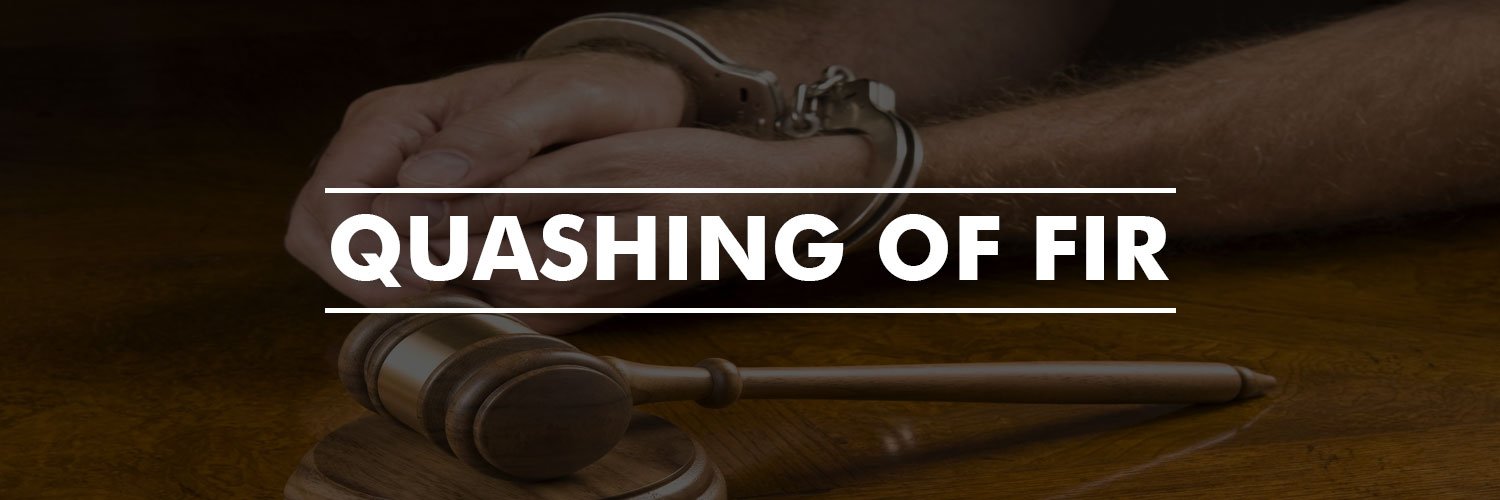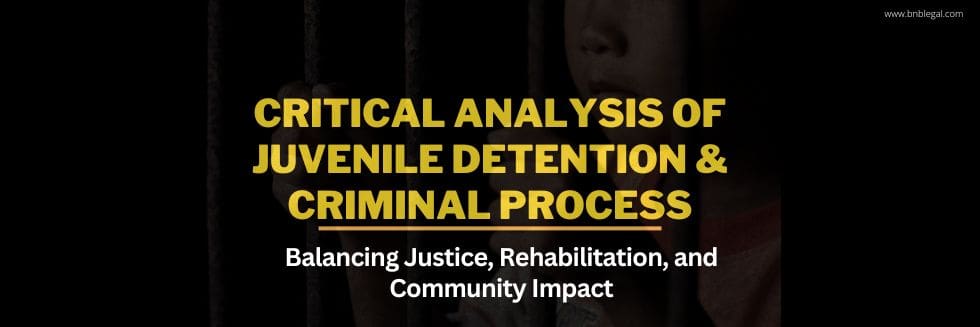Assault:
it is an act which is done with the intention of causing apprehension of imminent threat or harm in the mind of the other. Assault is the act of creating apprehension of bodily damage or harm in the mind of the other person. Assault is a civil as well as criminal wrong resulting in civil or criminal liability respectively. An assault is just an attempt or threat to harm somebody. It is an intentional tort. For example, spitting on the face of someone is also assault.
Essentials of assault
- Intention to cause apprehension
- Creation of apprehension in the mind of other bodily damage or harm
- By the actions or words of a person who at present has the ability to do so or is in a position to harm other
- Knowledge of threat.
Cause of Action
Words accompanied by action constitute assault. Mere speaking of words without any action cannot be considered as a tort of assault. For example, if a person just shouts at you that he will shoot you but is not having a gun in his hand, this will not constitute an act of assault. Also, if a person points out a pistol at you but the pistol is empty and the plaintiff is aware of the fact that pistol does not have bullets in it. In such a case, the plaintiff cannot complain of assault because the apprehension of threat was not created in his mind.
If by the words spoken or act done by somebody cause apprehension of imminent threat of bodily harm or damage in the mind of the other, the person in whose mind such apprehension is caused can file a case for damages on the grounds of the commission of the assault.
Remedies in Law
A civil case can be filed for the tort of assault for damages. Damages can be compensatory or punitive in nature. Compensatory damages are those which aim at providing compensation to the victim. Nominal damages can also be awarded which is a small sum in a case where there is no substantial damage but the infringement of a right. Punitive damages are awarded to punish the defendant for his wrongful conduct.
Section 351 of the Indian Penal code defines the assault.
In the case of criminal assault, punishments could be fine or imprisonment.
Battery
The battery is civil as well as criminal wrong. The battery is the use of physical force to harm others without lawful justification. The ultimate aim of the battery is to cause grievous hurt to the person. The battery is actually harming other people by being in physical contact with him.
Essentials of battery
- Use of force
- Must be voluntary
- Contact with the body of a person
- Contact may be direct or indirect.
- It must be without the consent from the plaintiff.
Cause of Action
The threat to shoot somebody or pointing gun or pistol at somebody is assault as discussed above but the moment the bullet touches or injures the body of the person, the tort of battery is committed. Also, the tort of the battery can be as small as throwing of the glass of water on somebody’s face. Physical contact with the body of the person is a must. It can be direct or indirect. For example, if a person beats somebody with a stick although the person does not touch the body of the other or say is not in direct contact with the body of the person, yet he will be liable for the tort of battery.
If a person slaps the other, the former will be liable for battery but tapping a person on shoulder merely to ask a question does not constitute a battery.
Also, acts like that of mixing poison in someone’s drink may also constitute a battery.
Mere push or accidental touch does not constitute a battery.
In the landmark case of Cole V. Turner, the hon’ble court laid down the following principles of battery :
“(i) The least touching of another in anger is battery
(ii) If two or more meet in a narrow passage and without any violence or design of harm, the one touches the other, gently, it will be no battery
(iii) If any of them use violence against the other, to force his way in a rude ordinate manner, it will be a battery ; or any struggle about the passage to that degree as may do hurt, will be a battery. Further, it had said that intention must necessarily be considered in case of battery.”
Remedies in Law
The battery is dealt with under section 350 of the Indian Penal code.
Defenses Available in Case of Battery and Assault
- Consent of the plaintiff
- Self-defense
- Volenti non-fit injuria
- Reasonable force







